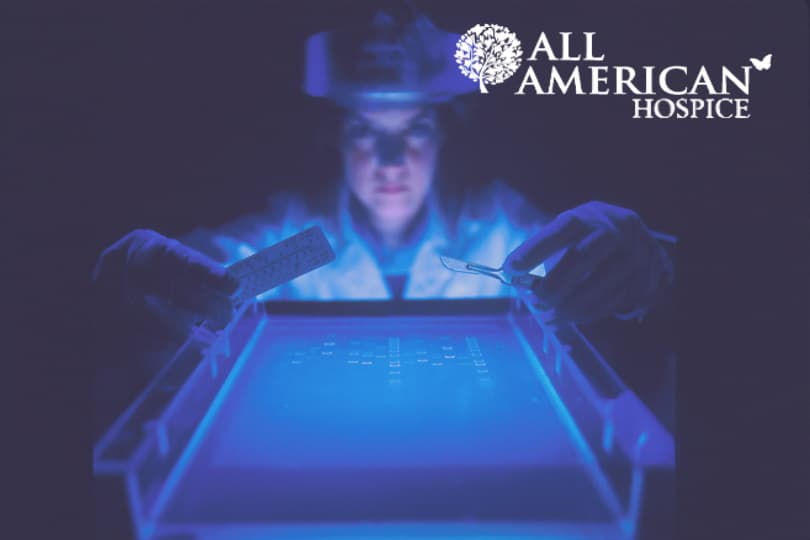Table of Contents

What Causes Colon Cancer?
Colon cancer is a kind of cancer that starts in the colon (the last section of the digestive system) or rectum and spreads throughout the body. It is also known as colorectal cancer, a phrase that combines colon cancer with rectal cancer.
What causes colon cancer in an individual depends on several factors. It is more common in older people, although it can affect anybody at any age. It generally starts as polyps, which are tiny, noncancerous (benign) collections of cells that develop on the colon’s interior. Some of these polyps can become cancerous over time.
Polyps may generate few symptoms. Doctors advise routine screening tests to help prevent colon cancer by detecting and removing polyps before they develop into cancers.
If colon cancer develops, various treatments are done to control it. These include surgery, radiation therapy, and pharmacological treatments such as chemotherapy, targeted therapy, and immunotherapy.
Below we will learn more about what causes colon cancer.
Risk Factors for Colon Cancer
Several risk factors have been identified to raise a person’s risk of acquiring colorectal cancer. Major risk factors for colorectal cancer can be categorized into changeable and unchangeable risk factors.
Changeable Colon Cancer Causes
Colorectal cancer cause has been linked to a variety of lifestyle variables. The connections between food, weight, activity and the risk of colorectal cancer are among the strongest of any cancer type.
- Diet: Eating habits are one of the main causes of colon cancer. Its risk is increased by:
- A diet heavy in red meats, such as beef, pig, lamb, or liver.
- Processed meats such as hot dogs and other luncheon meats.
- High-temperature cooking, including frying, broiling, or grilling. They produce chemicals that may increase your cancer risk.
- Low vitamin D levels in the blood may also raise your risk.
Healthy eating habits that include plenty of fruits, vegetables, and whole grains while limiting or avoiding red, processed meats, and sugary beverages, is likely to reduce risk.
- Alcohol Consumption: Moderate to high alcohol use has been of the main reasons for colon cancer. Individuals should limit themselves to two drinks per day for males and one drink per day for women.
- Obesity: You have a greater chance of getting colorectal cancer if you are overweight or obese (extremely overweight). Being overweight increases colon and rectal cancer risk in both men and women, although the relationship appears to be greater in men. You can reduce this risk by achieving and maintaining a healthy weight.
- Physical Activity: You have a higher probability of colon cancer if you are not physically active. Regular physical exercise can help you reduce your risk.
- Smoking: This is the most common cause of cancer globally. Those who have smoked tobacco for a long period are more likely than nonsmokers to get colorectal cancer. Smoking is recognized to cause lung cancer, but it’s also related to various other malignancies.
Unchangeable Colon Cancer Causes
Many risks for colorectal cancer include are associated with the factors we cannot change. They include:
- Age: Colon cancer can affect anybody, although most of those diagnosed are over 50. The rates in persons under 50 have also been rising, but physicians aren’t sure why. One reason may be reduced physical activity and diet.
- Gender: Males are at more risk of developing this cancer. Though what causes colon cancer in males at a higher rate is known, lifestyle has been attributed.
- Race and Ethnicity: African Americans in the U.S. have the highest colorectal cancer incidence and death rates. The Ashkenazi Jewish have one of the highest rates of colorectal cancer of any ethnic group worldwide.
- Polyps History: Most colorectal cancers are diagnosed in people who have no family history of the disease. Yet one in every three persons who get colorectal cancer has a family member who has had the disease.
People who have a first-degree family member with colorectal cancer (parent, sibling, or kid) are at a higher risk. The risk is significantly higher if that relative was diagnosed with cancer while younger than 50 or if multiple primary relatives are affected.
- Genetic Conditions: About 5% of patients with colorectal cancer have inherited gene alterations (mutations). This is a true cause of cancer that transfers colon cancer in families.
Lynch syndrome (hereditary non-polyposis colorectal cancer, or HNPCC) and familial adenomatous polyposis (FAP) are the most frequent inherited syndromes associated with colorectal malignancies. However, other uncommon syndromes can also raise colorectal cancer risk.
We Are Here to Help You
The most effective approach to lower your risks for colorectal cancer is to start getting checked for it around the age of 45. Seeing how lifestyle is a major cause of colon cancer, you should improve your diet and physical activity.
Please call All American Hospice if you or someone you know has been diagnosed with colon cancer and requires support. We provide support and care to cancer patients to help them get through their treatment.

 215-322-5256
215-322-5256
Comments are closed.